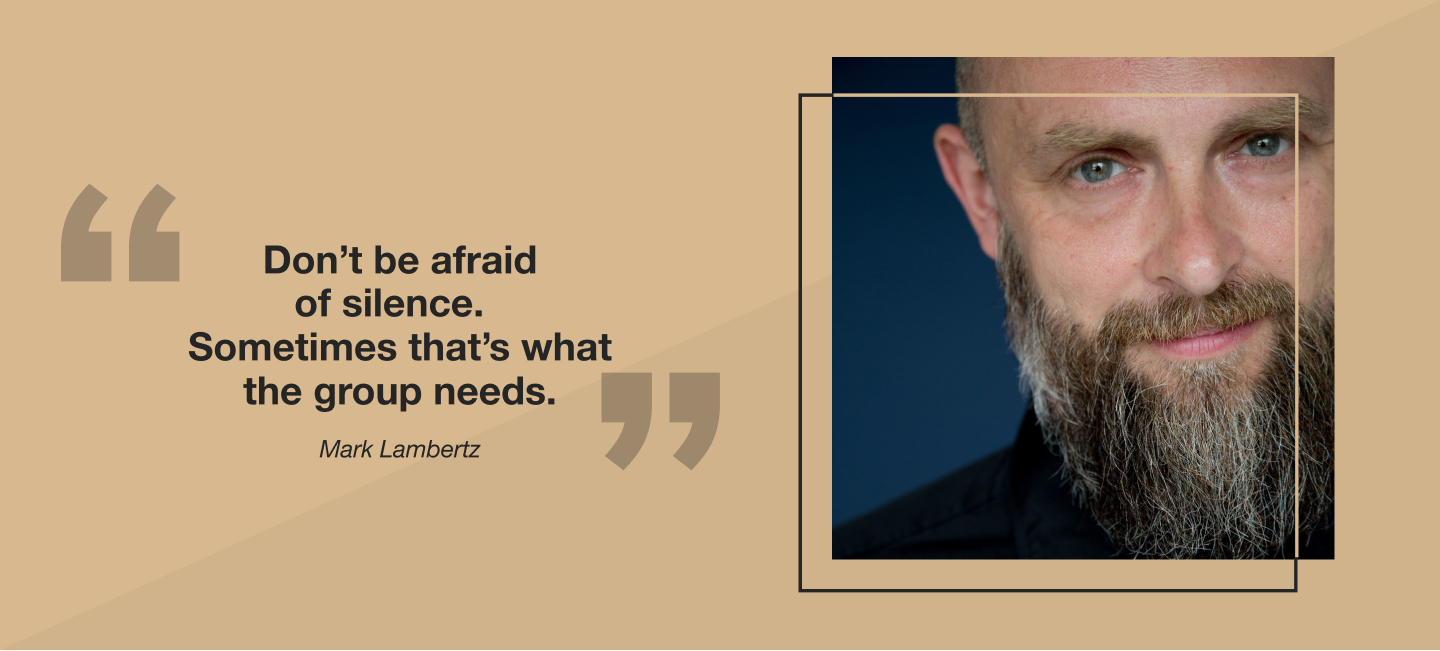Episode 004
March 27, 2019
004 – How to keep office politics out of the workshop space – with Mark Lambertz

Sign up to download the free 1-page summary.
Intro
In this episode, I talk to Mark Lambertz, senior agile coach, entrepreneur, and book author about “intelligent organizations”. We talk about human dynamics in the workshop space and how to deal with strong personalities and office politics. Mark shares why it doesn’t make sense to hire him when his client only seeks confirmation, why he would invite participants to step on the table and how he reacted to a crying workshop participant.
Mark runs IO (Intelligente Organisation), a consultancy service that helps companies to become “intelligent organizations”. He published a playbook on organizational complexity in January 2019. His goal is to implement agile, scale agile and to make systems work.
Don’t miss our whole-hearted laughs when Mark shares how he uses humour to deal with emotionally loaded situations and how he deals with his double role of being a coach and facilitator. Our conversation will surely inspire you to deliver workshops that work.
Don’t miss the next show: sign up to my newsletter and subscribe to the show through your podcast player.
Feeling inspired by the conversation in this episode? We can have our own – take a seat at my virtual table as part of a Mastermind Group.
A huge thank you must go to SessionLab, the sponsor of Workshops Work. Claim your free two months of SessionLab Pro now – this deal is exclusive to Workshops Work listeners!
Questions and Answers
01:16 With all your experiences what job title would you give to yourself?
02:55 When I hear “agile” and “lean”, I think of “fast” and “flat” – How do you understand the relation between agile and lean and how does it translate for meeting environments in organizations?
05:19 Do you translate your mantra of “customer first” to how you design your service to your own customer (being the organizations you help transform)?
06:52 Given that you won’t necessarily do what the customer asks for, how can you select the customers you work for?
07:55 So, you are an external disruptor?
09:15 In what way does an “intelligent organization” deal with office politics?
12:34 How do you make sure that everyone contributes to the discussion and not only the “extroverted” or empowered participants?
14:11 What does “OODA loop” mean?
15:23 To what extent do you include the group in your thought process about what is happening in the room?
16:29 It seems to me as if tensions are good, but emotions disturb. How do you deal with situations that become emotional?
17:32 How did you deal with the situation you described when a participant started crying?
19:35 What is the difference between a “normal” and an “intelligent” organization?
20:55 Do you believe in group decision making?
25:13 Do you believe that every team can become a “red team” or at least one where team members challenge each other in a supportive way?
27:10 Do I understand you correctly that the group would also need time to develop a specific vocabulary/ lingo to align communication?
28:35 How do you deal with “ego” that may destroy the flow of the workshop?
32:22 Would you define and communicate such rules beforehand or would you rather develop them along the way, as they emerge in the workshop?
32:40 What do you think of developing rules together with the group?
33:37 Can you separate your roles – being the only coach in some situations and only facilitators in others?
35:13 What is the nutshell you want the audience to take away from our conversation?
35:39 And if they need your support on this or want to complain that it did not work, how can listeners reach you?
